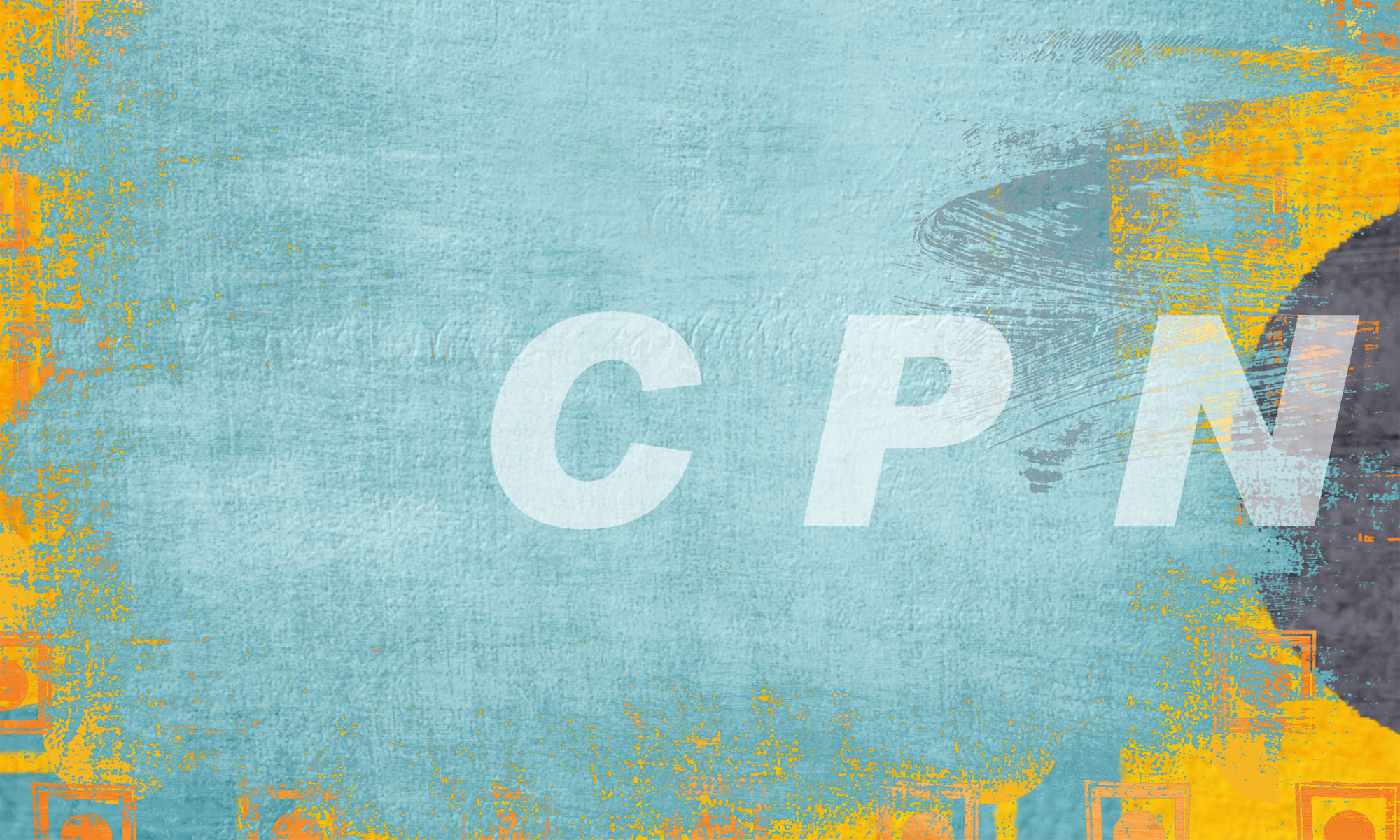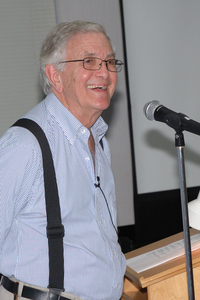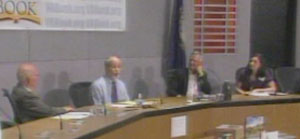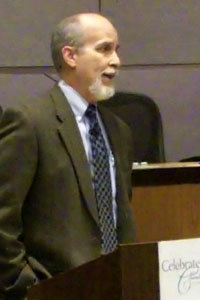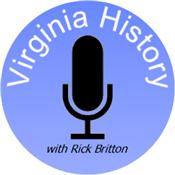
On March 14, 2013, Richard Nicholas presented the second lecture in our new six part CPN Thursday series entitled The Civil War Through Different Lenses (2013).
Finding the high ground was important to Civil War commanders for many reasons. Listen as Nicholas explains the role that this and other geological features played in the outcome of the war.
Richard L. Nicholas is a native Virginian and UVA graduate. He obtained his graduate degree from the University of Kansas. Richard has worked for Shell Oil as a geologist where he rose to the rank of chief geologist by the time of his retirement in 1991.
Richard has had a life long interest in Virginia history, especially the Civil War and has written two books, in the Virginia Regimental History series. He has written numerous articles for The Magazine of Albermarle County History. Mr. Nicholas recently completed a new book, Sheridan’s James River Campaign of 1865 Through Central Virginia.
The lecture series was organized by award-winning historian and Charlottesville-based author, lecturer, and cartographer Rick Britton in conjunction with the Senior Center in Charlottesville.
Click here listen all six parts of this series.
